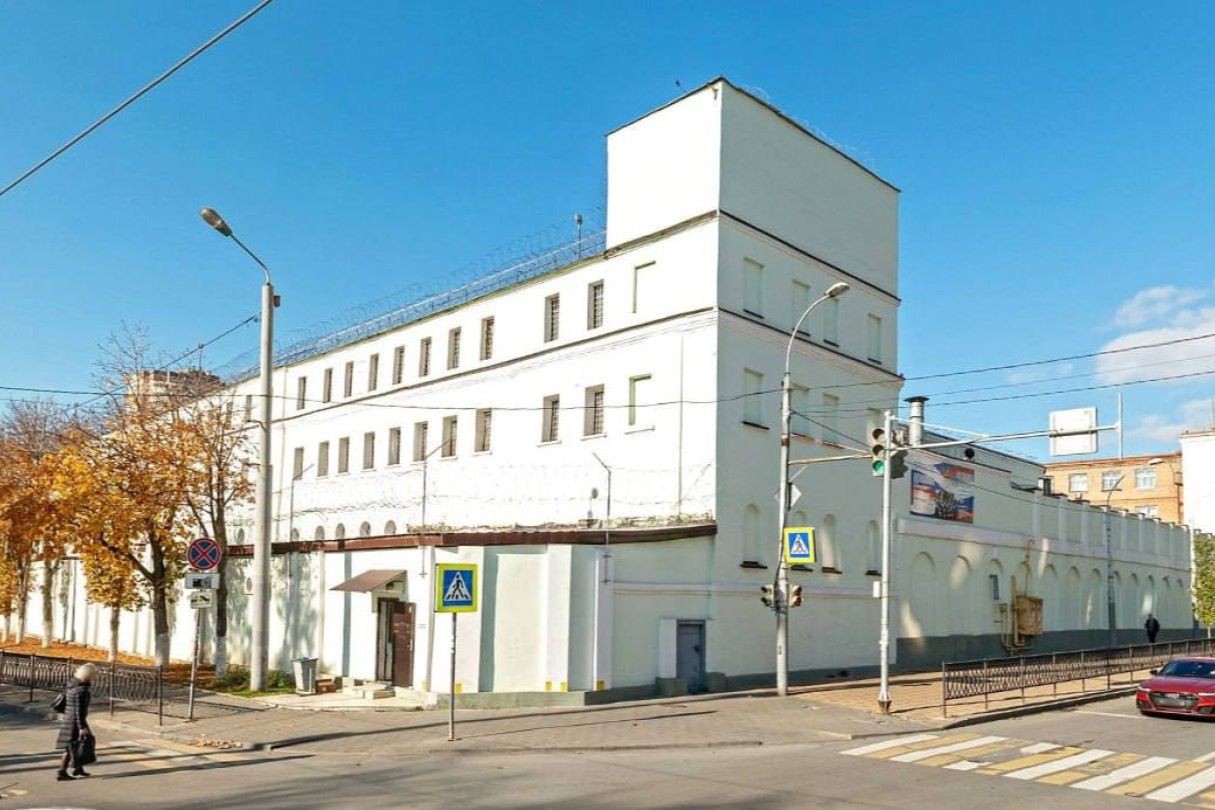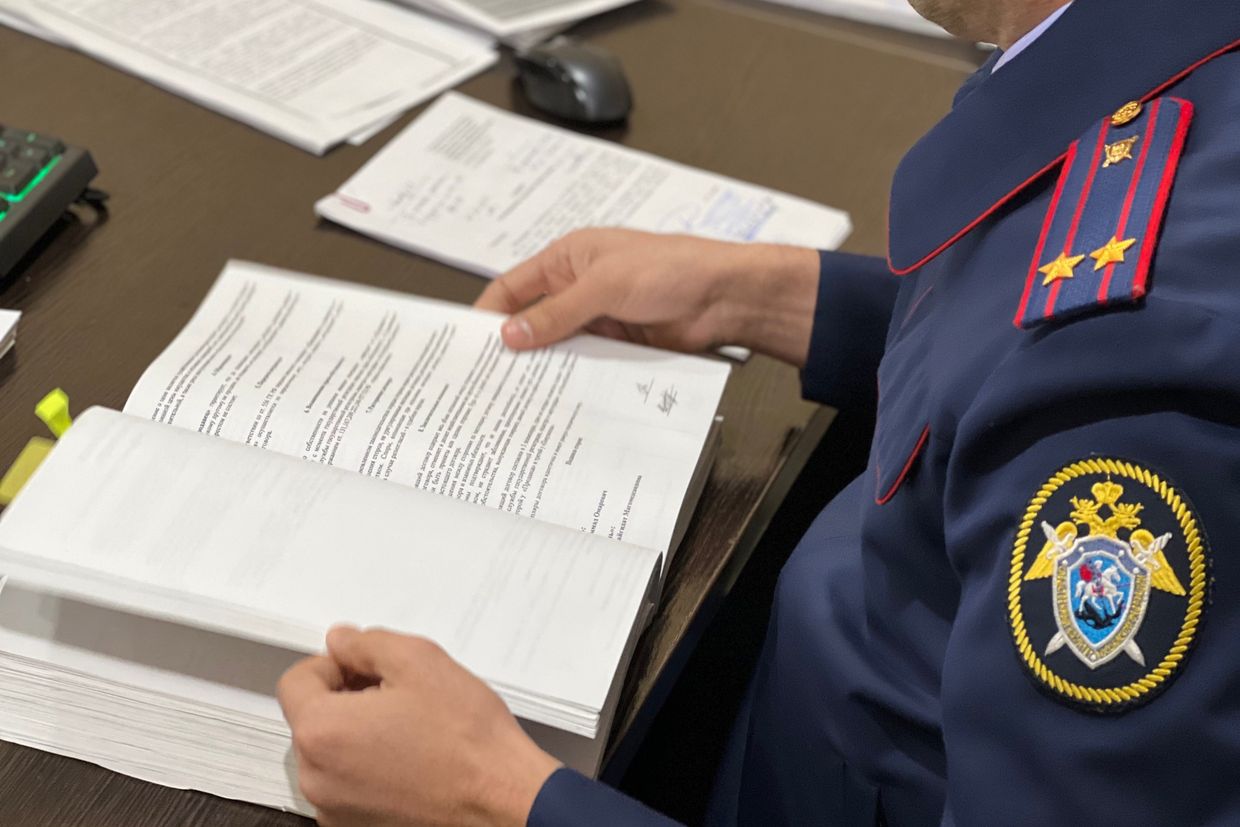Four residents of Makhachkala accused of terrorism related to support of Ukraine’s Azov Battalion

The Southern District Military Court in Rostov-on-Don is continuing the trial of four residents of Makhachkala — Magomed Dzhavatkhanov, Ruslan Akkaev, Khadzhimurad Abdulaev, and Radzhab Nazarov. They are accused of preparing to set fire to a military unit in Makhachkala and of participating in a terrorist group in the interests of Ukraine’s Azov Battalion. The defendants say the case is entirely fabricated and that they were subjected to torture during their detention.
Dzhavatkhanov was detained on 19 December 2022 in his native village of Shamkhal. According to him, law enforcement officers in civilian clothes and medical masks forced him to the ground, beat him on his legs and head, and then placed him in a vehicle.
‘The officers in the car introduced themselves as [Chechen Head Ramzan] Kadyrov’s men. I started to laugh hysterically. I said, “You’re probably going to kill me in the basement?” — but I realised they weren’t’, Dzhavatkhanov told the Russian independent media outlet OVD-Info in a letter from a detention centre in Rostov-on-Don.
On the same day, his friend Ruslan Akkaev, a history and social studies teacher, was detained. Dzhavatkhanov said Akkaev recalled how was forcibly pushed into a car, a bag was placed over his head, his hands were tied, and his phone was confiscated. In the 6th police department, he claims he was tied up, partially undressed, and connected to electric clamps.
‘He was smashed face-first to the floor, and he was like, “thank you”. Then they connected him, he convulsed, shouted, and began reciting the shahada [Islamic oath]’, recalls Dzhavatkhanov, who witnessed his friend being tortured.
The investigation asserts that the defendants were detained with weapons. According to law enforcement, Dzhavatkhanov and Akkaev had modified Makarov pistols with eight bullets each. The accused say the weapons were planted, noting that forensic examinations show none of their fingerprints on the guns.
The investigators consider Abdullaev, a fan of black metal music and Nazi symbolism, the leader of the group. According to the authorities, the group ‘conducted nationalist activities’ in the forests of Daghestan and planned to set fire to a military unit. The defendants say the gatherings were cultural, religious, and recreational.
Dzhavatkhanov and Akkaev say that during the initial stages of the investigation they were forced to sign protocols under torture.
‘They threatened me: “If you act up, we’ll find mephedrone at your home, and your father will pay the price” ’, said Dzhavatkhanov. Akkaev noted that during an official interrogation he invoked Article 51 of the Russian Constitution, refusing to testify against himself.
According to the investigation, the defendants studied philosophical and political texts, including works by Friedrich Nietzsche and Michel Foucault, as well as literature linked to Nazism. Akkaev and Dzhavatkhanov assert that these details were distorted in the protocols and that they did not support neo-Nazi ideology.
‘I consider myself a Muslim and will not recognise myself as a Nazi’, says Ruslan.
Before his arrest, Dzhavatkhanov worked on the cultural project HighCass, related to ethnography, paganism, and the history of the Caucasus. Akkaev taught history and social studies, participated in community projects, and spoke at philosophical meetings of the Epokhe club at the National Library of Makhachkala.
He believes law enforcement attention was drawn by his academic focus on Russia’s colonial policy in the Caucasus in the 19th century.
‘In academic circles in the region, using concepts such as [colonialism] in relation to our history, if it was not taboo before my arrest, was at least considered undesirable. I first felt this when writing the article The Representative Caucasus and Russian Colonialism for a presentation at the “Peace to the Caucasus” forum at the Southern Federal University in 2019. My supervisors advised me to change the title and soften the wording. I did not’, said Akkaev.
According to the Political Prisoners Support project Memorial, this is the first case in Daghestan linked to terrorism charges in the context of the full-scale war in Ukraine. The project’s database notes that most terrorism cases in the region are connected with Islamist organisations, while cases with an anti-war stance are extremely rare.
The Azov Battalion was formed in 2014 as a volunteer unit to participate in combat operations in eastern Ukraine during the first stages of Russian aggression. In the early stages of the regiment’s existence, far-right and nationalist ideas among Azov members were reflected in the use of related symbols and statements by individual members. However, since the integration of the regiment into the National Guard of Ukraine in November 2014, efforts allegedly began within Azov to depoliticise the unit and reduce the influence of radical elements. Despite this, some elements associated with far-right views persist in units linked to Azov.
The use of Nazi symbols by the Azov Regiment has become one of the arguments in Russian propaganda for the so-called de-nazification of Ukraine.
In February 2025, the case was transferred to the Southern District Military Court. The defendants are currently held in a detention centre in Rostov-on-Don. The trial is ongoing.
‘Experience shows that in such cases people wait for verdicts for years’, said Akkaev.
All four defendants maintain a unified position: they deny guilt on all charges.









